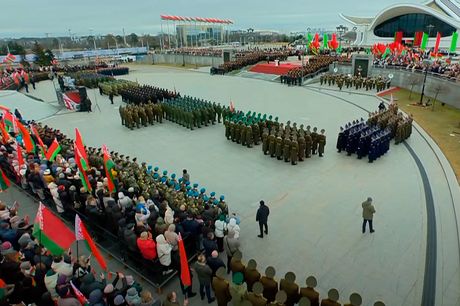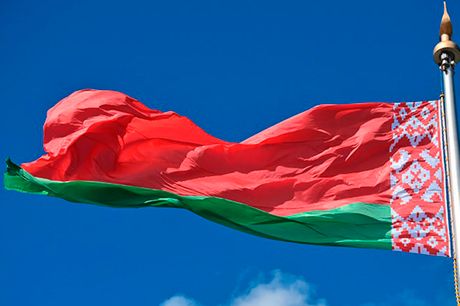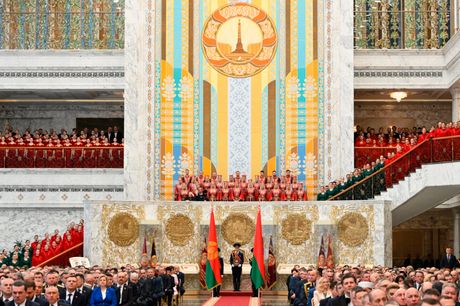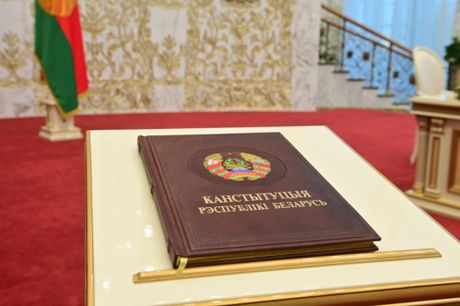Putin had a working meeting with Rosneft CEO Sechin
15:04, 11 February
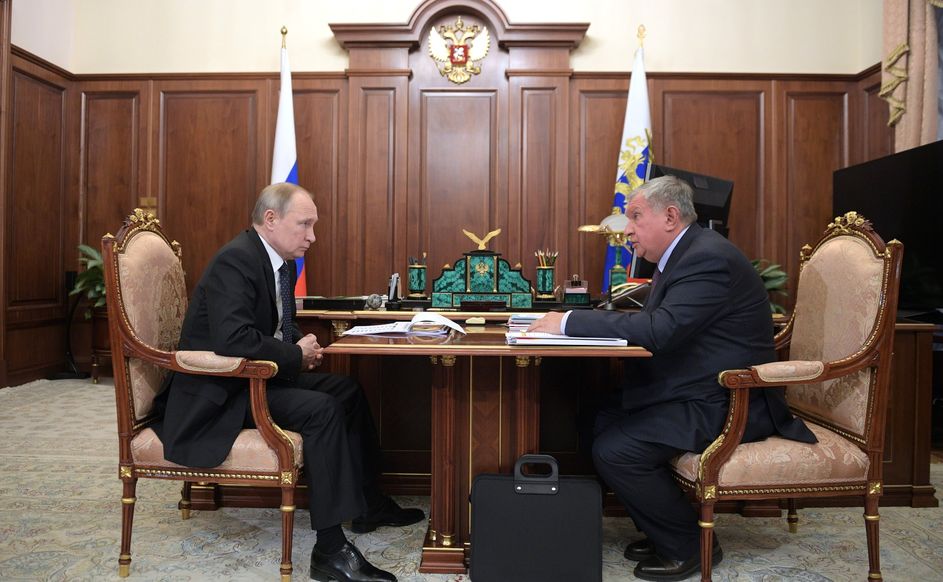
Photo: kremlin.ru
Vladimir Putin had a working meeting with Rosneft CEO Igor Sechin to discuss the company’s performance in 2019 and future development areas.
- Share on Facebook
- Share on VK
- Share on Twitter
President of Russia Vladimir Putin: Mr Sechin, would you like to report on last year’s performance? Shall we begin with that?
Rosneft CEO Igor Sechin: Mr Putin, 2019 was a positive year for the company. Despite the deteriorating international situation and a certain decrease in oil prices – by about 7 percent – the results of our operation remain positive.
In 2019, hydrocarbon production remained at the level of the previous year, 285.5 million tonnes of oil equivalent. The average daily production amounted to 5.8 million barrels per day. This is a good result, one of the best in the global industry.
In 2019, almost 3,000 linear kilometres of 2D seismic surveying was carried out and 11,300 square kilometres of 3D surveying, which is 12.3 percent more than in the previous year.
According to current estimates, the testing of 144 exploration wells will be completed on land with a success rate of almost 90 percent.
Last year, the volume of oil and gas condensate processing amounted to110 million tonnes, including over 10 million tonnes at the company’s international oil refineries, fully covering the demand on the domestic market and fulfilling the company’s responsibilities.
Cooperation with the final consumers continues, long-term contracts have been extended to deliver oil via the Druzhba pipeline in the direction of Poland and the Czech Republic, including Germany.
We have even increased our share in Bayernoil, a plant in Bavaria. We have supplied 83 million tonnes of oil to Germany since 2016, which accounts for 25 percent of their total oil imports.
In 2019, the retail sale of motor fuels was about six percent higher than in 2018, which means the recommendations on how to preserve stability on the domestic market were fully met, even a bit more than that.
Increasing operational efficiency is the company’s permanent focus. Relative indicators remain the key areas of our attention.
At the end of 2019, production costs amounted to $3.2 per barrel of oil equivalent, which is the most competitive figure in the world.
Vladimir Putin: Are production expenses decreasing?
Igor Sechin: They are the lowest among public [oil] companies.
Vladimir Putin: And the reserves?
Igor Sechin: The reserves are also number one among public companies.
Vladimir Putin: Have they grown over the recent years?
Igor Sechin: The replenishment of reserves is proceeding at a fast pace of about 180 percent of accumulated production.
Vladimir Putin: Speaking of production, despite our agreements within OPEC+, your production has increased, hasn’t it?
Igor Sechin: Mr President, it remained at the level of 2018. We did follow the OPEC+ restrictions, and it somewhat hampered production growth. But it affected prices on the market.
As we expected, investment totalled almost one trillion rubles in 2019. The company retains its leading position in terms of specific capital investment in oil and gas production.
Despite the investment programme, we ensured the highest level of dividend payout for 2019, some 283 million rubles. According to preliminary estimates, for 2019 we will pay some 3.6 trillion rubles directly into the tax system, the country’s budget.
Vladimir Putin: You are our biggest taxpayer…
Igor Sechin: We are honoured to maintain this level. It is a bit lower than last year, but, as I said, the macroeconomic conditions have affected the situation: oil prices dropped by 7 percent on global markets over the year, and the additional restrictions that you mentioned also affected us. But overall, we are maintaining the same level.
Vladimir Putin: Tell me about Vostok Oil, please.
Igor Sechin: Mr President, we had instructions to ensure cargo shipping along the Northern Sea Route as part of the implementation of national projects. To that end, our company and its partners are currently forming a new oil and gas province in the country’s north, on Taimyr Peninsula, which has great resource potential. The project is called Vostok Oil. At the moment, Mr President, the resource potential is over five billion tonnes of oil.
The total amount of investment for the entire period will be over ten trillion rubles; some two trillion rubles will be allocated at the first stage of the project.
Vladimir Putin: Is this North of the Vankor field?
Igor Sechin: 400 kilometres directly north of Vankor. There will be two large fields, the Payakhskoye and the Zapadno-Irkinskoye fields.
In all, the project features the creation of 15 towns to house oilfield workers; two airports; a sea port; 800 kilometres of line pipes; 7,000 kilometres of infield pipes; 3,500 kilometres of electrical lines; 2,000 MW of electric power; and 100,000 new jobs. The implementation of the project will boost the country’s annual GDP by 2 percent.
According to calculations by the Institute of National Economy Forecasting of the Russian Academy of Sciences, the services’ and goods’ purchasing synergy will have a coefficient of 9.3 for each ruble invested in the project. It would allow us to carry out a major stable project in the global sector that will influence world markets.
We are currently working with Indian companies; they are showing interest in the project. There are also some other Western investors. We believe Vostok Oil can become a large-scale international project.
Vladimir Putin: What was the total investment you said?
Igor Sechin: About ten trillion rubles, maybe more.
Vladimir Putin: And as a result about two percent GDP?
Igor Sechin: It will increase the country’s GDP by two percent every year.
Vladimir Putin: Mr Sechin, the project is ambitious and promising. It will facilitate GDP growth, increase shipping along the Northern Sea Route, and, of course, it will strengthen Russia’s position in the Arctic in general. I wish you success. You only need to make accurate calculations.
Igor Sechin: Mr President, we will keep working, and we are counting on your support for this project.
<…>



